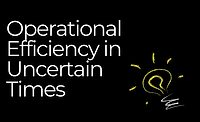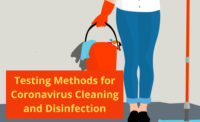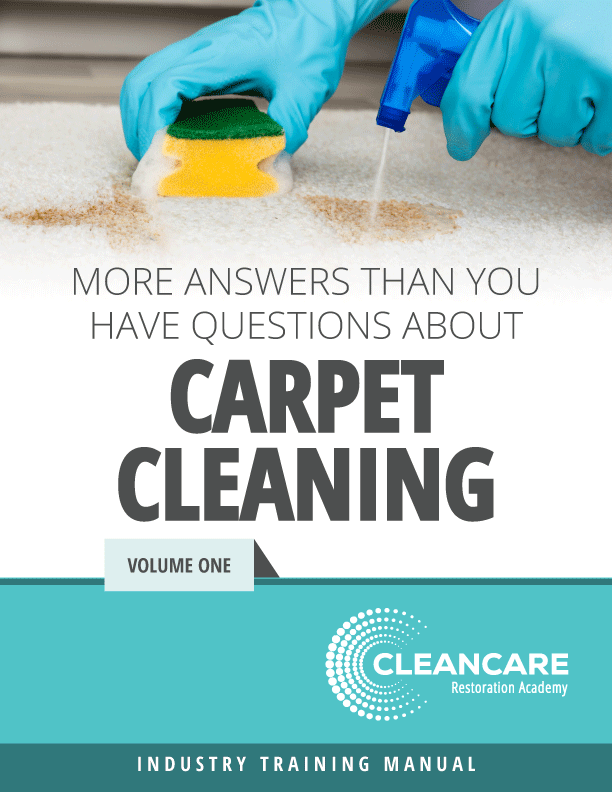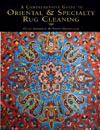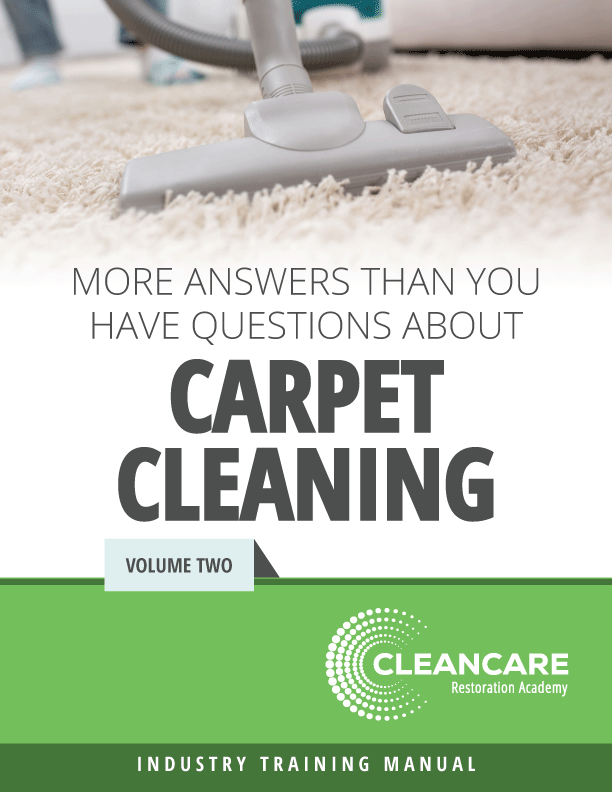Disinfection and Cleaning Strategies for Reopening Commercial Buildings

As quarantine restrictions are beginning to loosen, many businesses will start reopening to the public. To keep their employees and customers safe, many will turn to restoration companies for help. With this rising demand, these businesses have to be sure they offer safe, effective cleaning strategies.
There is still a lot of uncertainty revolving around COVID-19, how it spreads and how people can protect against it. In light of these questions, it can be challenging for restoration companies to know how to go about cleaning and disinfecting buildings. Here are five strategies to help navigate this issue and provide optimal cleaning services.
1. Wear Appropriate PPE
Making sure employees wear personal protective equipment (PPE) is essential to disinfection. Not wearing PPE presents two issues: workers could be at risk of contracting COVID-19, and asymptomatic carriers could spread it to clean areas. Equipment like masks and gloves ensures no pathogens are transmitted either way.
Some disinfectants can irritate the skin, so the EPA recommends wearing gloves while using them. It's also essential to change gloves and other PPE regularly to avoid cross-contamination.
2. Use EPA-Approved Cleaners
Not all cleansers will be useful in removing traces of COVID-19 from building surfaces. Companies should look to the EPA's suggested cleaners to find solutions that are both effective and nontoxic. While selecting from the EPA's list, they should only to consider products rated for enveloped viruses, since that's what COVID-19 is.
On top of working better, approved cleaners give restoration companies a competitive advantage. Using these products provides a source of assurance in a widely unregulated field. That way, they can offer building owners some peace of mind about the efficacy of their disinfection.
3. Work in Zones
The disinfecting process should happen in zones instead of taking on the whole building at once. Establish different areas by how likely they are to contain traces of any pathogens. For example, high-contact surfaces require extra attention, so if a room has many electronics or countertops, it's a high-risk zone.
Workers should equip PPE in a low-risk zone before moving into these higher-risk areas. After cleaning these, they should move out of the newly disinfected space to change gloves or remove PPE. Working in zones like this will help avoid cross-contamination.
4. Avoid Over-disinfection Where Possible
Unfortunately, there is little industry standardization for restoration and remediation businesses to rely on for guidance. It may seem counterintuitive, but it's possible to over-disinfect an area. Antimicrobial cleaning solutions are excellent at removing microscopic pathogens, but their overuse can have adverse side effects.
Too much in an area can lead to the development of antimicrobial solution-resistant germs. Many experts recommend employees should only use medical-grade disinfectants on high-touch surfaces. For everything else, regular soaps and cleaners will work just fine.
5. Provide Suggestions for Further Cleaning
It’s crucial that businesses understand risk mitigation is still necessary after the deep cleaning process. After disinfecting, restoration companies can help provide building residents with guidelines for continued cleaning. For example, urge business owners to regularly clean and disinfect high-touch surfaces like countertops, light switches and electronics such as printers and phones.
Reopening workplaces will be tasked with keeping track of health guidelines, controlling traffic flow and maintaining cleanliness in all communal spaces. Restoration businesses sharing cleaning suggestions will help put companies in good standing with their clients. Going the extra mile is always a smart business decision, both ethically and economically.
High-Quality Disinfection Is Both Safe and Profitable
If restoration businesses provide high-quality disinfection services, it helps in two distinct ways. First, and most importantly, these strategies help prevent the spread of COVID-19. Secondly, they serve as selling points for restoration companies in a time of high demand.
With so much uncertainty, it's not worth it to take any risks. Going above and beyond in disinfecting buildings has never been more critical than amid the pandemic.
Looking for a reprint of this article?
From high-res PDFs to custom plaques, order your copy today!



